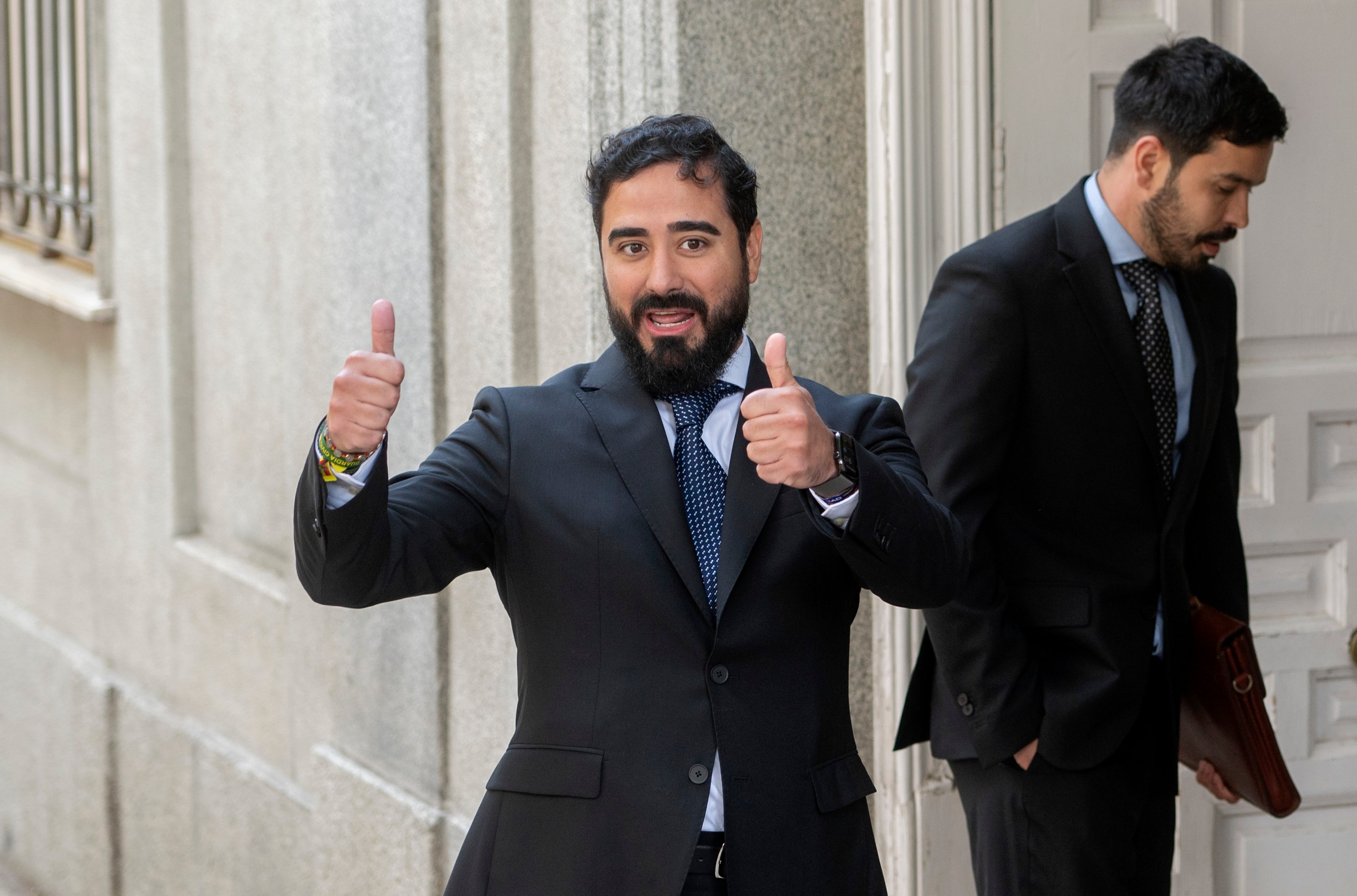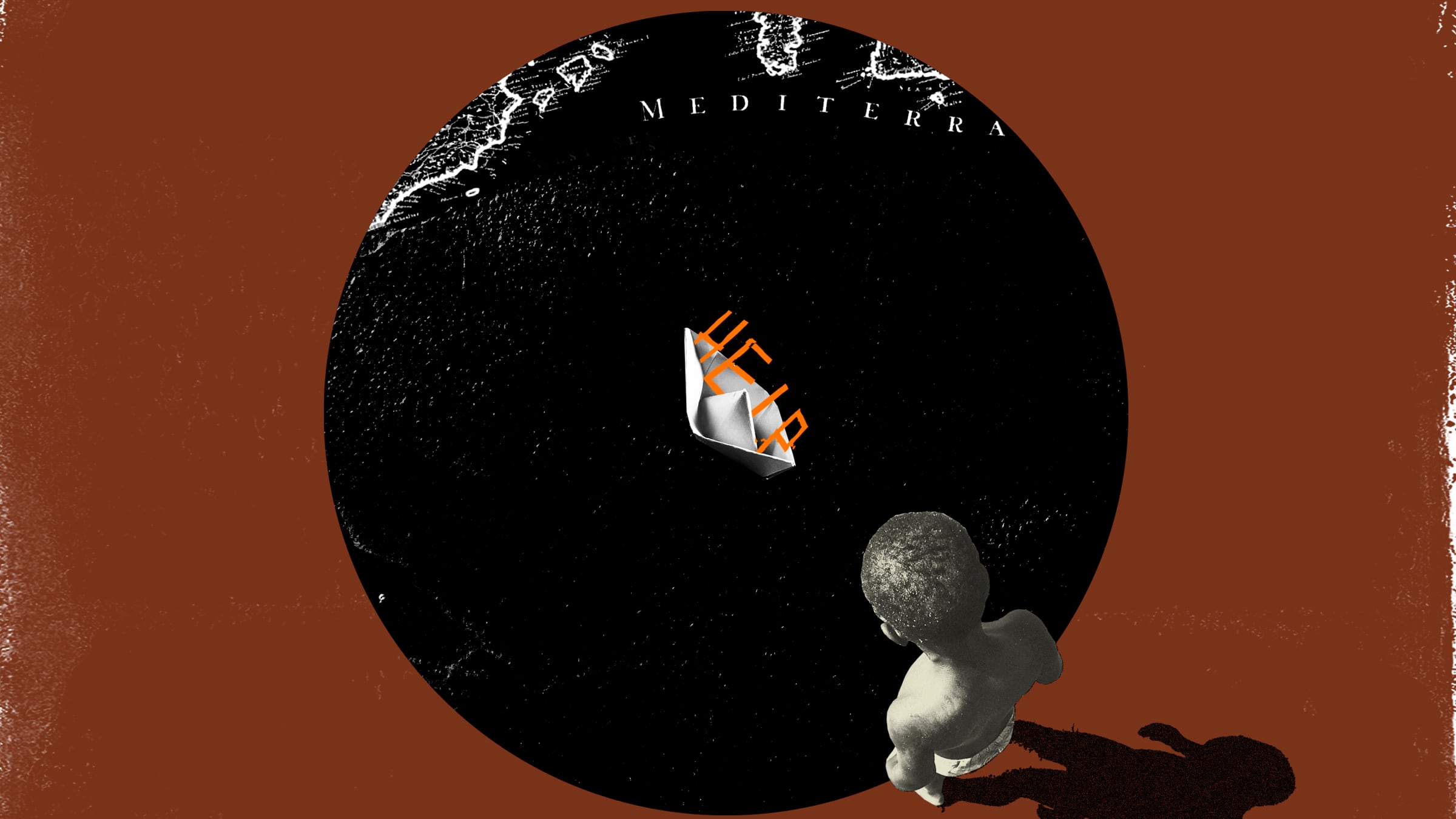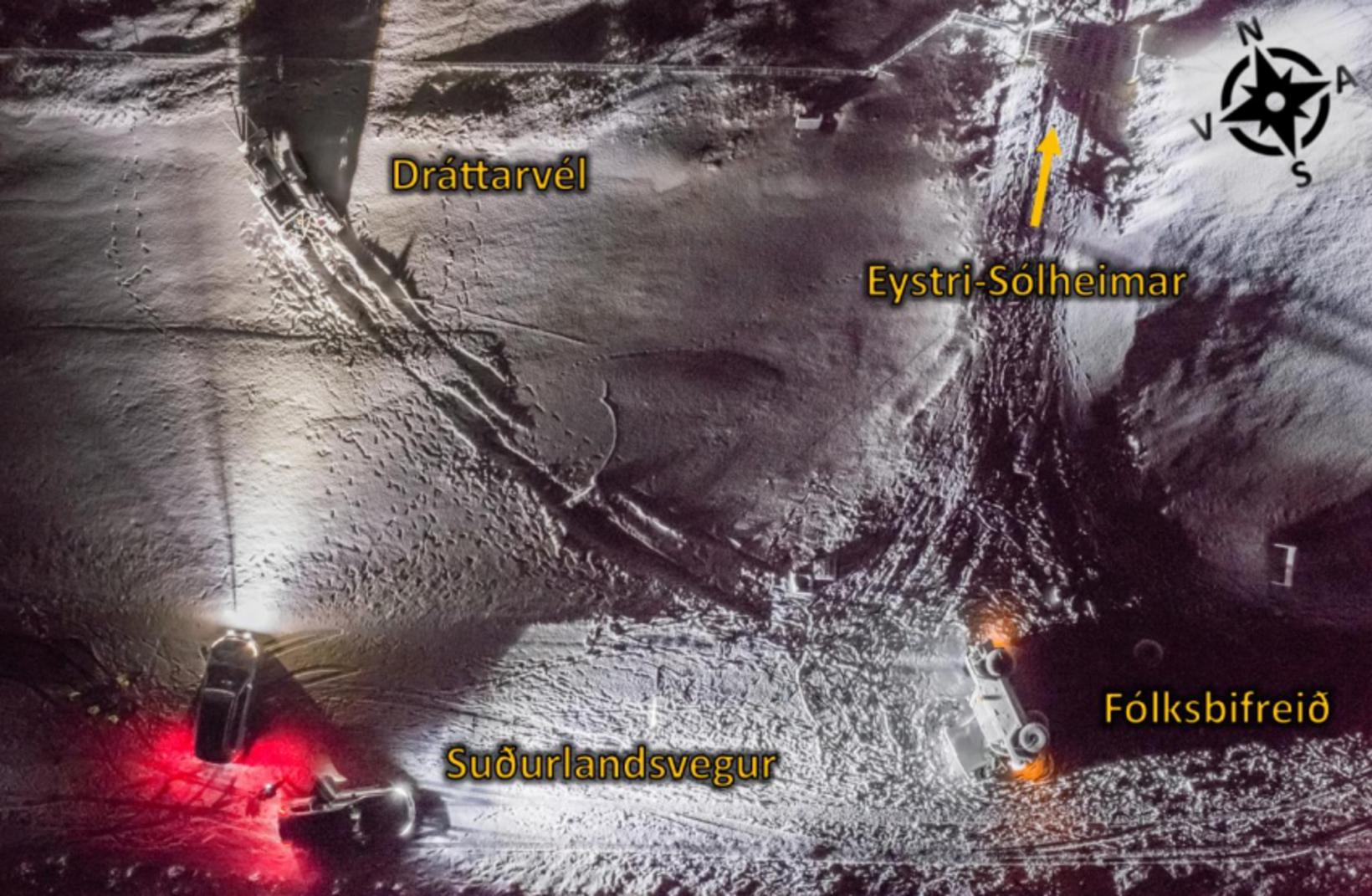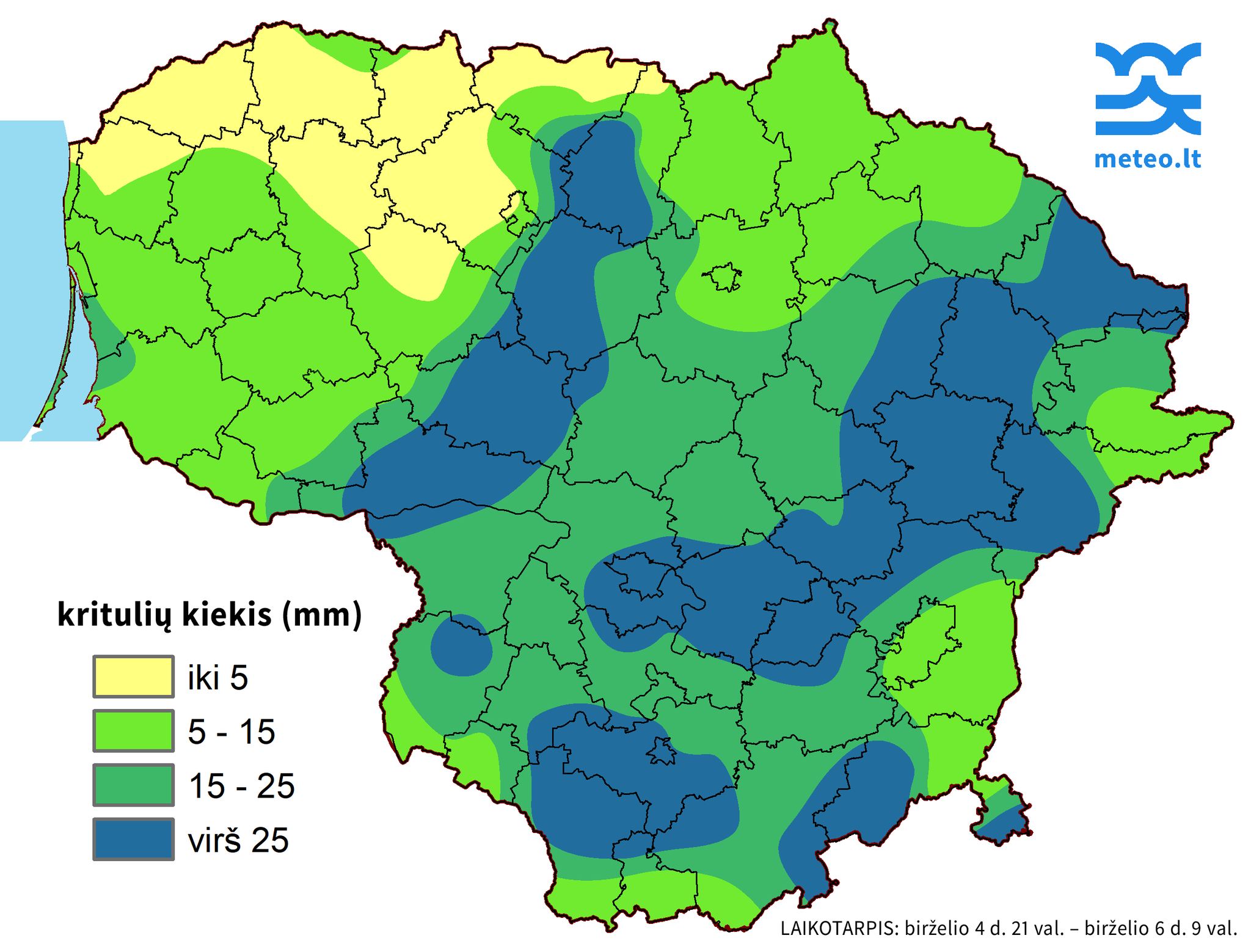The King: « The debate on security and defense in Europe is unapolable » | Spain
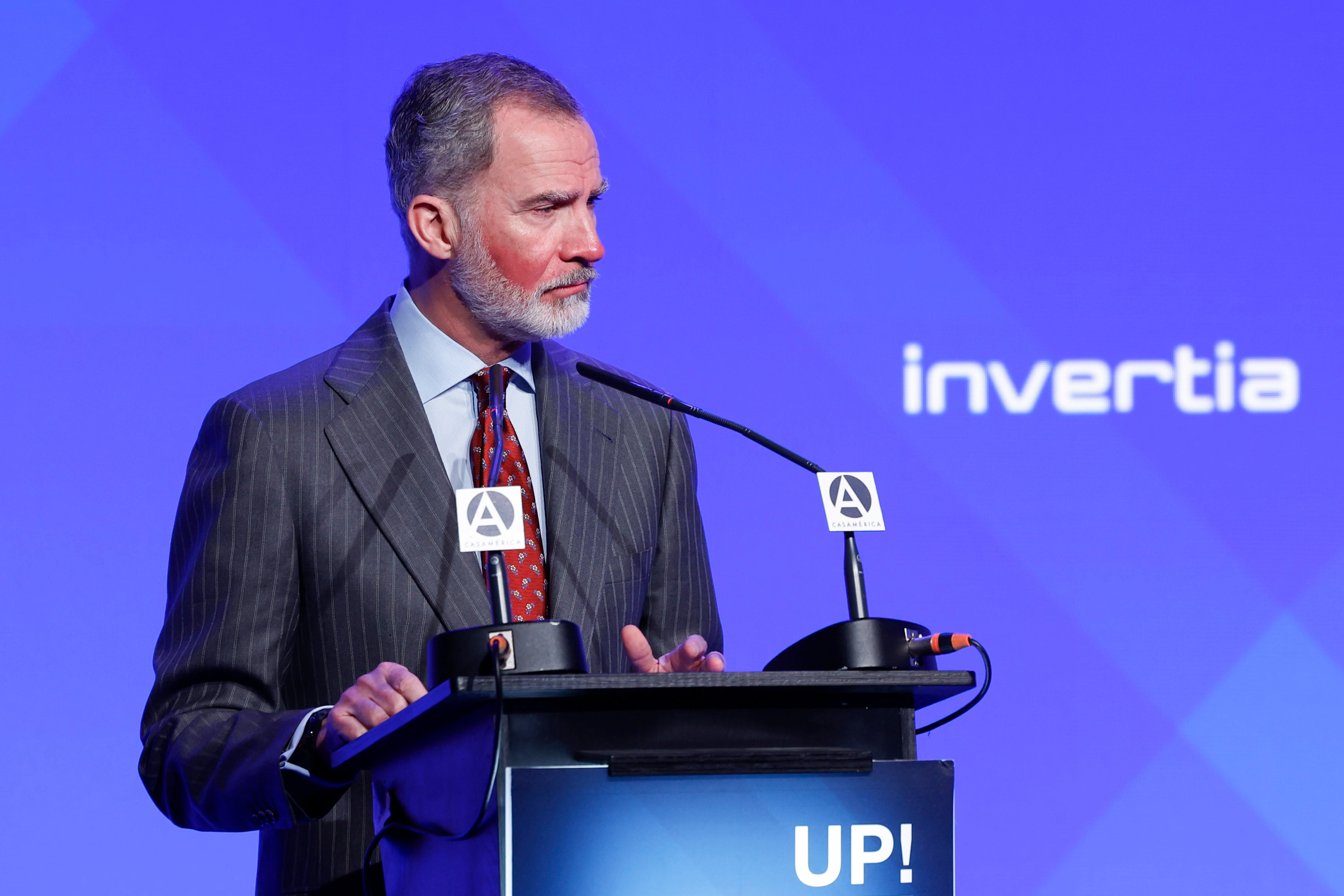
After US position change in war in Ukraine has sown the international and national policy of weeks of European councils, bilateral meetings between powers, visits of the NATO general secretary, Mark Rutteto the White House, and summits between chiefs of armies, The King It has ruled this high and clear Monday: « The debate on security and defense is unplazable, » said Felipe VI in the inaugural discourse of the V Economic Forum Wake Up Spainorganized by The Spanishwhich is titled Spain’s challenges against the new world order.
The message and the word « solidarity » between Europeans has prevailed in the discourse prior to that of the head of state. A few words pronounced by the European Commissioner for Defense and Space, Andrius Kubilius, That early in the morning he held a meeting with the head of Defense, Margarita Robles, in which the way to increase defensive capabilities, especially those of the online, communications and artificial intelligence scope was discussed. « Solidarity is the most important value of our union, » the Lithuanian continued making a comparison with immigration. In short, if you are supportive with Spain, Italy and Greece in terms of the management of migratory flows from Africa, it must also be regarding the threat they represent for the countries of the north and east of Europe the Russia of Vladimir Putin and the scourge of Alexandr Lukashenko. « The defense (from Europe) requires solidarity, » said Kubilius, which has listed hybrid attacks, cyber attacks and some skirmish in Germany, the Baltic Republics and even Spain by Moscow. « Putin hates the European Union and wants to destroy it (…). We are all under attack (…). If the storm arrives, no one of us will escape destruction, » he said in a strong speech.
In this context, Felipe VI has said, in a long message full of allusions to Europe, that there is a need for the twenty -seven to “strengthen their abilities” in terms of security and defense because it is an issue that will mark the future and the next generations. And the debate is in full boiling: the United States presses NATO allies to increase defense expenditure beyond 2% that in 2022 promised that it would reach in 2029 and European partners debate day yesterday not on how to survive without Washington’s existential support in this matter. « It is Spain that decides how much it spends and how it invests in defense ”, Kubilius has slipped into a message to the government to reach that 2% as soon as possible. Pedro Sánchez executive ensures that the expense will increase « Without specifying or how or when, » but it will be at the June NATO summit in The Hague (Netherlands) when the allies will have to put their cards on the table and show Trump how far they wanted, or could, arrive. Felipe VI, however, has tended bridges saying that the effort should be made from an integral analysis of risks and threats, but also of the links, particularly in transatlantic with the US, « despite what is heard. »
In this forum, which will last all this week, we will talk about innovation, economic security, to encourage the integration of the single market, the reduction of energy dependence (from third countries such as Russia or China), of AI … are issues in which “Spain has a historical opportunity to contribute (…) from leadership positions,” said the king. The commissioner has thus encouraged spending and investment since « Spain has a strong defense industry » that can generate business and development opportunities in local communities that promote « employment, employment, employment », has rowed just as it did in the morning in the department led by Robles.
The king has marked World War as a turning point towards the system that governs today in the West. A system based on liberal democracy and the rule of law that has led to a long history of cultural exchanges, has decreased the barriers in trade – in a context in which every day there is an imposition of tariffs between USA, China and Brussels-, technological advances have proliferated, in short, a « multilateralism that means dialogue and cooperation (between countries). » However, the above, Felipe VI believes, could be in question. « It does not seem reasonable to retrace that path that has cost so much and return to the areas of influence, to the world of power relations and pure mercantilism without rules, » he said.


